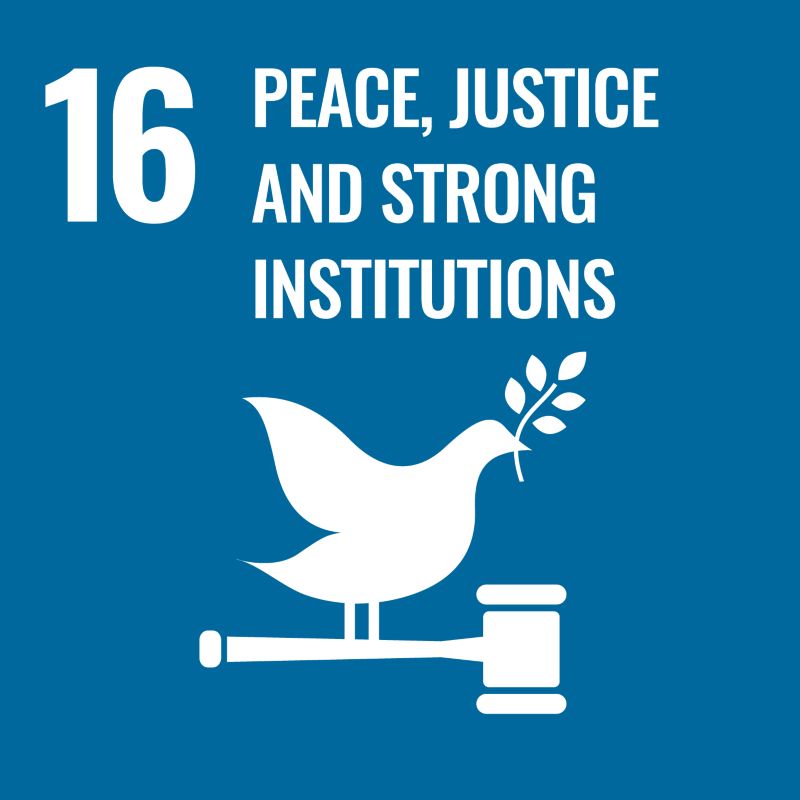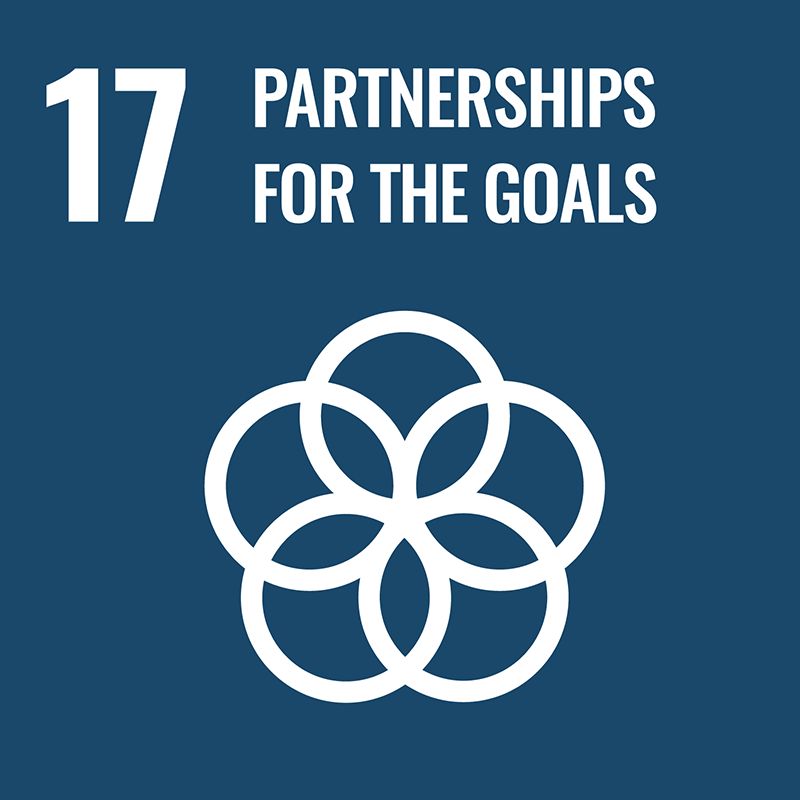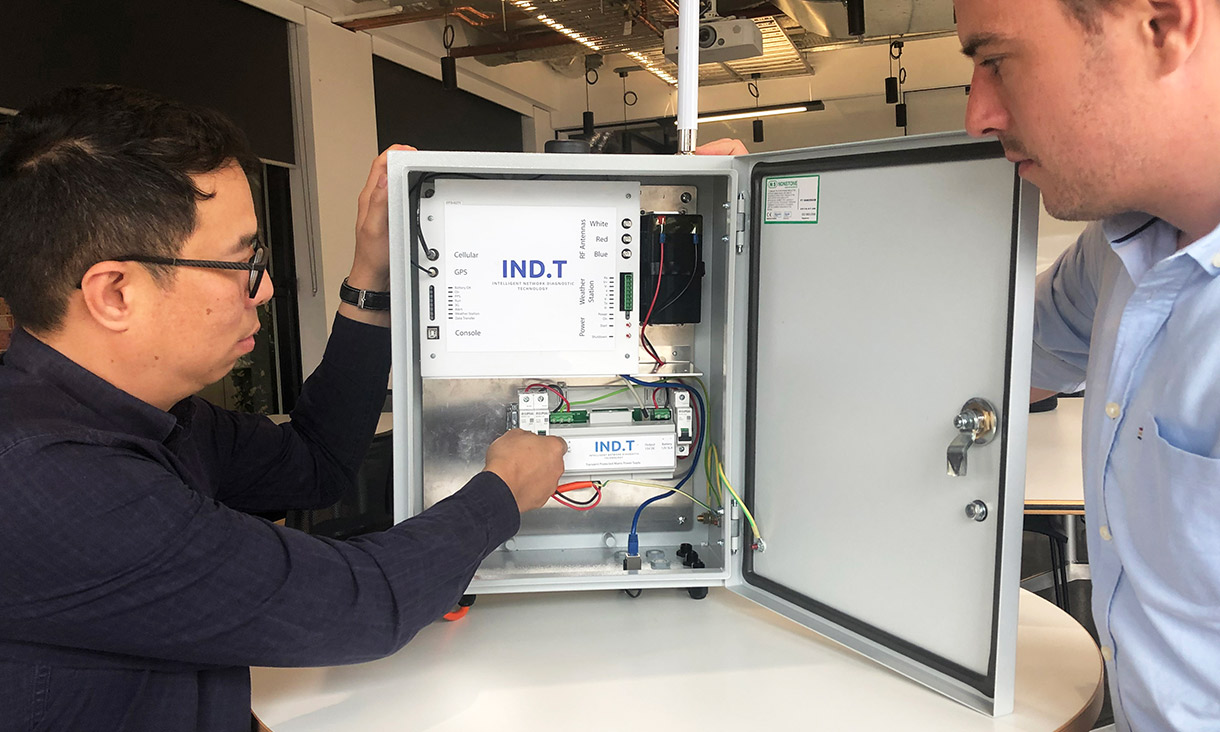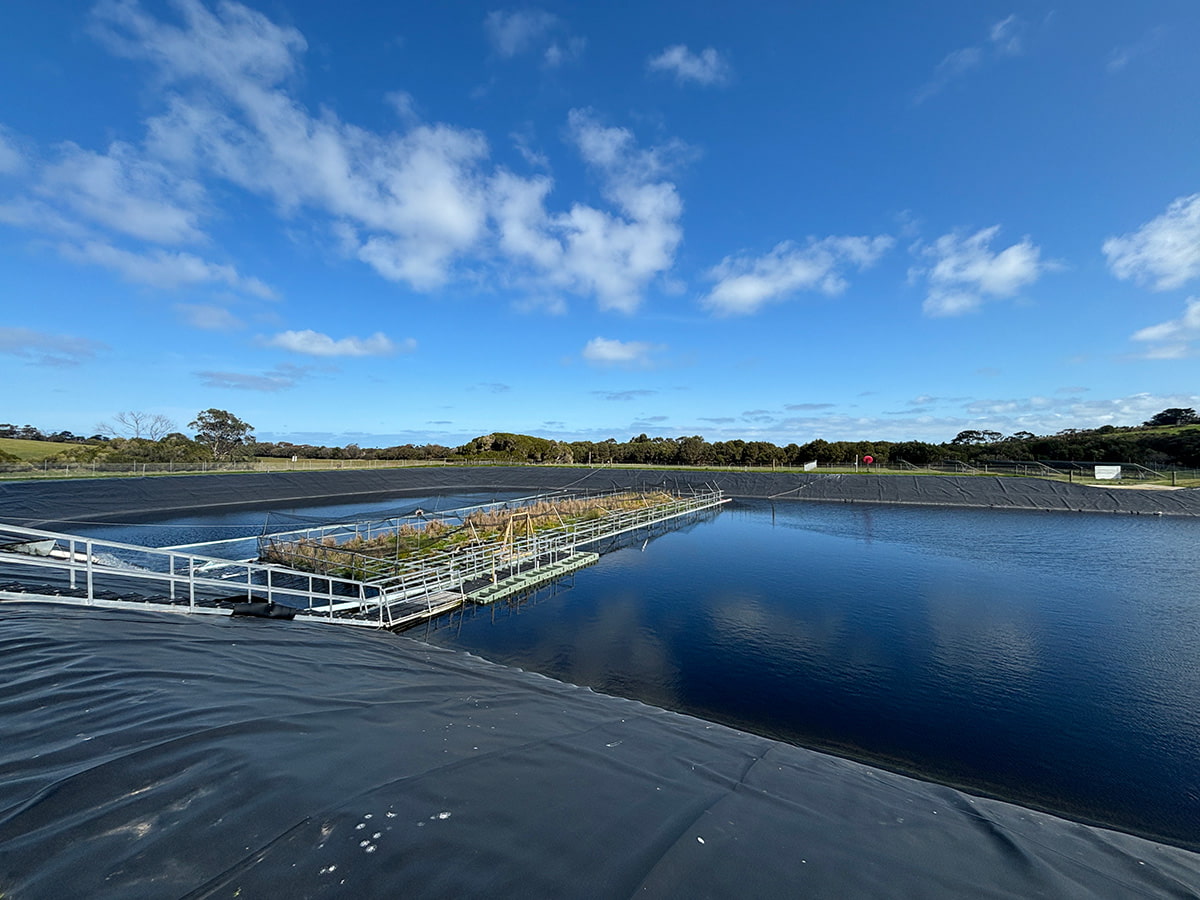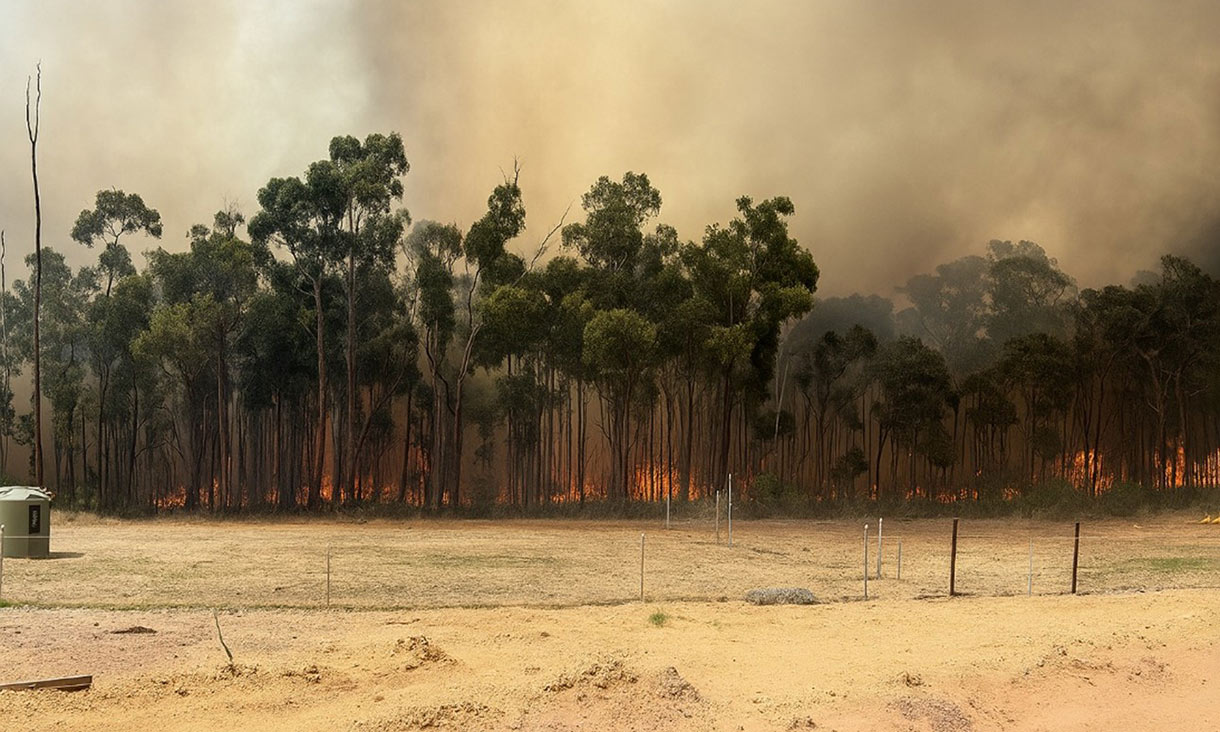System warns of powerline faults to prevent blackouts and bushfires
An early fault detection (EFD) system invented at RMIT University is helping to prevent bushfires and blackouts in North America, Europe and Australia.
Planning liveable cities with the Australian Urban Observatory
The Australian Urban Observatory is a digital liveability planning tool developed for decision-makers and the community to measure and map the liveability of neighbourhoods in Australian cities and create more liveable places through planning.
Floating wetlands to reduce greenhouse gas emissions in wastewater lagoons
RMIT researchers, Westernport Water and CSIRO partnered to investigate floating wetlands as a nature-based solution to reduce greenhouse gas emissions from wastewater storage lagoons.
Understanding evacuation travel behaviour to better protect communities from bushfires
RMIT researchers are helping to improve the way communities prepare for and respond to bushfires by revealing the complex travel behaviours of households during evacuation.


